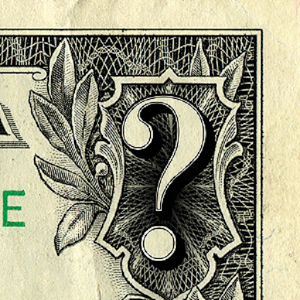
In 2016, the Louisiana Supreme Court amended Rule 1.15 to provide guidance to lawyers as to the what to do with “Unidentified Funds” in a trust account. See Order Amending Louisiana Rule of Professional Conduct 1.15 (signed and effective March 23, 2016) (codified at Louisiana Rule 1.15(h)). The amendment defined “Unidentified Funds” as: “Funds on deposit in an IOLTA account for at least one year that after reasonable due diligence cannot be documented as belonging to a client, a third person, or the lawyer or law firm.” Id. As to such funds, the amendment provided that the lawyer “must remit the funds to the Louisiana Bar Foundation.”1
What About “Unclaimed” Funds?
At the time, however, the court did not address a related (and perhaps more common) problem: What must a lawyer do when the lawyer can source trust monies to a specific client but simply can’t find the client? The best advice at the time was that the lawyer should make reasonable efforts to locate the client and, if those efforts were fruitless, the lawyer should consult the Louisiana Department of the Treasury, Unclaimed Property Division.2
On November 27, 2018, the court resolved the confusion by amending Rule 1.15 to address a lawyer’s obligations with regard to “Unclaimed Funds.” See Louisiana Supreme Court Order Amending Rule 1.15 Sections (g)(8) and (h) (signed November 27, 2018) (codified at Louisiana Rule 1.15(h)). The new amendment defines the term “Unclaimed Funds” to include “client or third person funds on deposit in an IOLTA account for at least two years that after reasonable due diligence the owner cannot be located or the owner refused to accept the funds.” See id. As to such funds, the new amendment provides that the lawyer “must remit the funds to the Louisiana Bar Foundation.” See La. Rules of Prof’l Conduct r. 1.15(h).
This is a sensible rule change that provides consistent and straightforward guidance as to how a lawyer must handle funds in trust that clearly belong to someone other than the lawyer, namely, to a missing or unidentified client or third person. It’s also good financial news for the Louisiana Bar Foundation.
- In addition, the amendment prohibited ODC from charging a lawyer with committing professional misconduct for the “exercise of reasonable judgment” under this provision. It further provided that if a lawyer remitted funds in error or later identified the owner of remitted funds, the lawyer could “make a claim to the Louisiana Bar Foundation, which after verification of the claim will return the funds to the lawyer.” See id.[↩]
- The LSBA provided additional advice in a public opinion by its Ethics Advisory Service: LSBA Public Opinion 06-RPCC-009.[↩]
